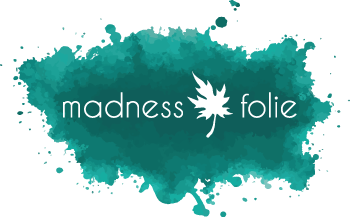Component Evaluation: Reflecting on Context
Component Evaluation: Reflecting on Context Timing: 30 Minutes Mode: In-class; Online Bring in (or ask your students to bring in) examples of media and/or popular culture portrayals of madness. After facilitating a discussion, have your students rework the examples they have brought in to create positive and diverse representations of madness. Use the questions below …


 Français
Français